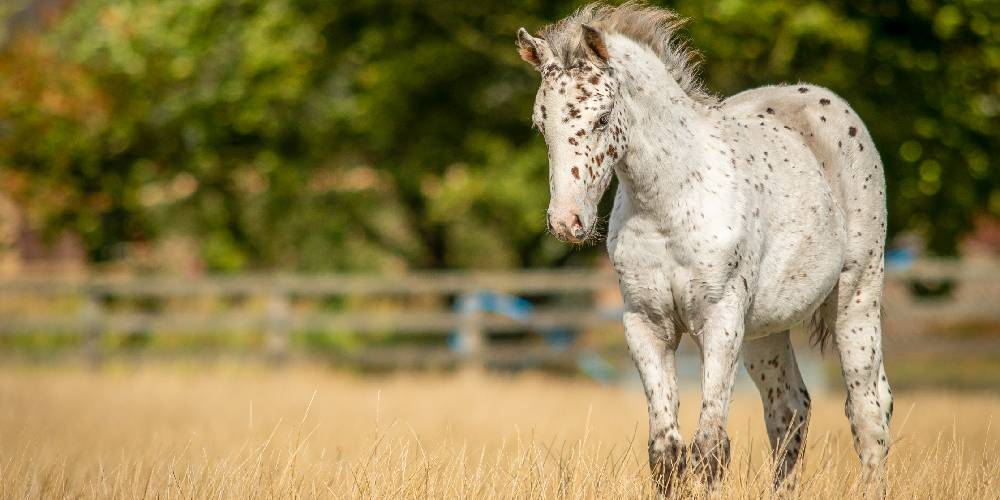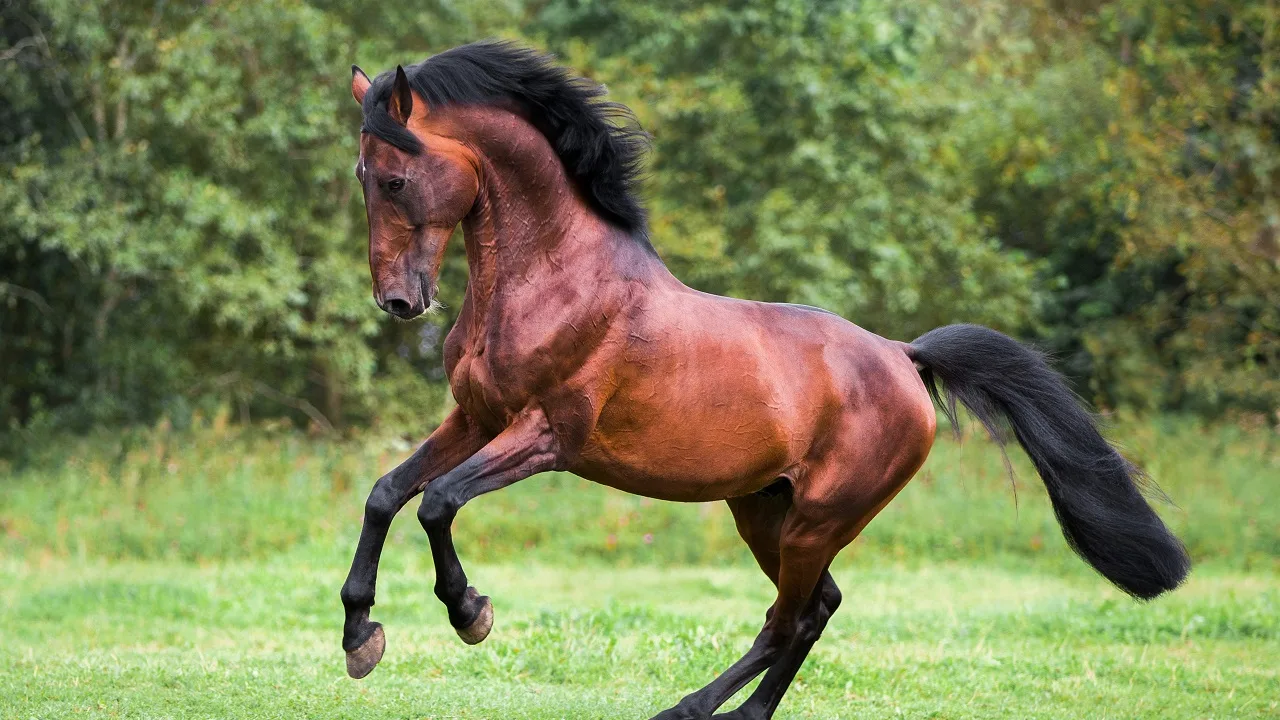A female horse called is an intriguing subject for horse enthusiasts and animal lovers alike. Horses have been a vital part of human history, playing roles in transportation, agriculture, sports, and companionship. Understanding the terminology and characteristics of female horses enriches our appreciation of these magnificent creatures.
Female horses, often referred to as mares, play a crucial role in breeding, competition, and companionship. Their unique qualities and behaviors set them apart from their male counterparts. This article delves into the fascinating world of female horses, exploring their anatomy, behavior, and significance in various contexts.
Whether you're a seasoned equestrian or a curious beginner, understanding the nuances of a female horse called is essential. From their biological characteristics to their contributions to the equine industry, this article provides a comprehensive guide to help you appreciate these incredible animals.
Read also:Cerritos Mall Black Friday Hours Your Ultimate Guide To Shopping
Table of Contents
- Biography of Female Horses
- Understanding the Terminology
- Anatomy of a Female Horse
- Behavioral Traits
- Breeding and Reproduction
- Role in Sports and Competitions
- Care and Maintenance
- Historical Significance
- Interesting Facts About Female Horses
- Conclusion
Biography of Female Horses
Key Information About Female Horses
A female horse called mare is the common term used to describe adult female horses. Mares are known for their grace, intelligence, and nurturing behavior. Below is a summary of key information about mares:
| Characteristic | Details |
|---|---|
| Name | Mare |
| Age Range | Adult horses (typically 4 years and older) |
| Role | Breeding, competition, and companionship |
| Lifespan | 25-30 years |
| Temperament | Generally calm and cooperative |
Understanding the Terminology
Before diving deeper into the world of female horses, it's important to familiarize yourself with the terminology. A female horse is called a mare if she is fully grown. Young female horses, typically under four years of age, are referred to as fillies. Understanding these terms helps in communicating effectively within the equine community.
Anatomy of a Female Horse
Key Features of a Mare's Anatomy
The anatomy of a female horse is specifically adapted for reproduction and survival. Some notable features include:
- Reproductive System: Mares have a well-developed reproductive system designed for foaling and nursing.
- Muscular Structure: Female horses possess strong muscles that enable them to perform various tasks, from racing to carrying riders.
- Hooves: Strong, durable hooves allow mares to navigate different terrains with ease.
Behavioral Traits
Mares are known for their intelligent and social behavior. They often form strong bonds with other horses and humans. Some common behavioral traits include:
- Maternal instincts when caring for foals.
- Leadership roles within a herd.
- Highly trainable and adaptable to various environments.
Breeding and Reproduction
Understanding the Breeding Process
Breeding is a significant aspect of a female horse's life. Mares typically go into heat during the spring and summer months, a period known as estrus. Successful breeding requires careful planning and management to ensure the health of both the mare and the foal. According to the American Association of Equine Practitioners (AAEP), proper veterinary care is essential during the breeding process.
Role in Sports and Competitions
Female Horses in Competitive Events
Mares have excelled in various equestrian sports, including:
Read also:Affordable Housing In Queens A Comprehensive Guide To Finding Your Perfect Home
- Jumping: Mares are known for their agility and precision in show jumping.
- Endurance Racing: Their stamina and endurance make them ideal for long-distance races.
- Dressage: Mares often demonstrate exceptional elegance and control in dressage competitions.
Care and Maintenance
Proper care is crucial for maintaining the health and well-being of female horses. Key aspects of care include:
- Nutrition: A balanced diet rich in vitamins and minerals.
- Grooming: Regular grooming to keep their coat healthy and clean.
- Veterinary Care: Routine check-ups and vaccinations.
Historical Significance
Throughout history, female horses have played pivotal roles in human civilization. From pulling chariots in ancient times to participating in modern-day competitions, mares have been integral to various cultures. Historical records indicate that mares were highly valued for their strength and loyalty.
Interesting Facts About Female Horses
Fun and Informative Facts
Here are some fascinating facts about female horses:
- Mares have a gestation period of approximately 11 months.
- They are social animals that thrive in herd environments.
- Some mares have achieved legendary status in equestrian sports.
Conclusion
In conclusion, understanding the world of a female horse called mare is both educational and rewarding. From their anatomy and behavior to their roles in sports and breeding, mares contribute significantly to the equine industry. By providing proper care and appreciation, we can ensure these magnificent creatures continue to thrive.
We encourage readers to share their thoughts and experiences in the comments section below. Additionally, explore other articles on our website to deepen your knowledge of horses and their incredible world.
References:
- American Association of Equine Practitioners (AAEP)
- International Federation for Equestrian Sports (FEI)
- Equine Research Foundation



